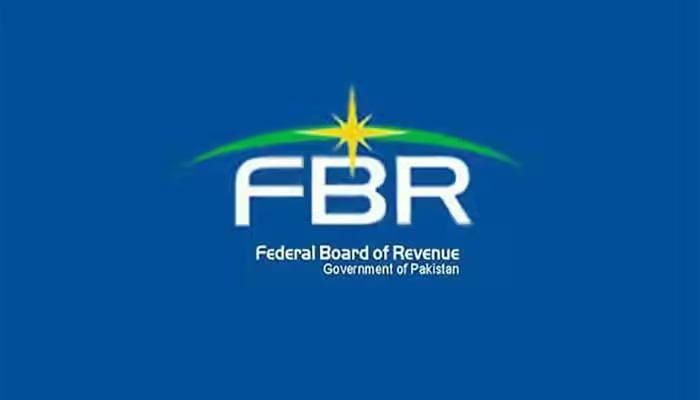Italy’s recent response to misleading charity-related claims by fashion influencer Chiara Ferragni is inspiring regulatory changes, offering insights for Pakistan, where charity affairs have faced scrutiny for potential misuse.
A Reuters report reveals that Italy’s cabinet is set to approve a bill seeking greater transparency from companies linking product sales to charity donations. The move comes after Ferragni, with nearly 30 million Instagram followers, faced criticism and fines for deceptive posts regarding a Christmas cake supposedly benefiting a children’s hospital.
The proposed bill, due for approval, mandates that products tied to charity donations specify the purpose, recipient, and the percentage of the price allocated to charity. Failure to comply may result in fines up to 50,000 euros ($54,500), with the possibility of suspending activities for up to one year in cases of repeated violations.
Italy’s Prime Minister, Giorgia Meloni, emphasized the need for transparency in regulations governing commercial activities with charitable purposes. The bill aims to prevent misleading practices and holds influencers and companies accountable for accurately conveying the charitable aspect of their products.
The Chiara Ferragni case led eyewear maker Safilo to terminate its contract with her, citing breaches of good conduct clauses. Prosecutors in Milan are investigating her for alleged fraud related to other campaigns, though Ferragni’s lawyers maintain her innocence.
Matteo De Angelis, a marketing professor at Luiss University in Rome, notes that while stringent rules may enhance the reliability of charity campaigns momentarily, controlling social media advertising in the future remains challenging. Influencers’ wide-reaching impact and the added incentive of charitable contributions create a complex landscape for regulatory oversight.
Despite the complexities, the Italian government’s response illustrates a commitment to curbing misleading charity-related practices. The regulatory measures aim to establish clarity and ethical standards in aligning business with charitable causes, providing a potential guide for other nations, including Pakistan, grappling with similar concerns.



